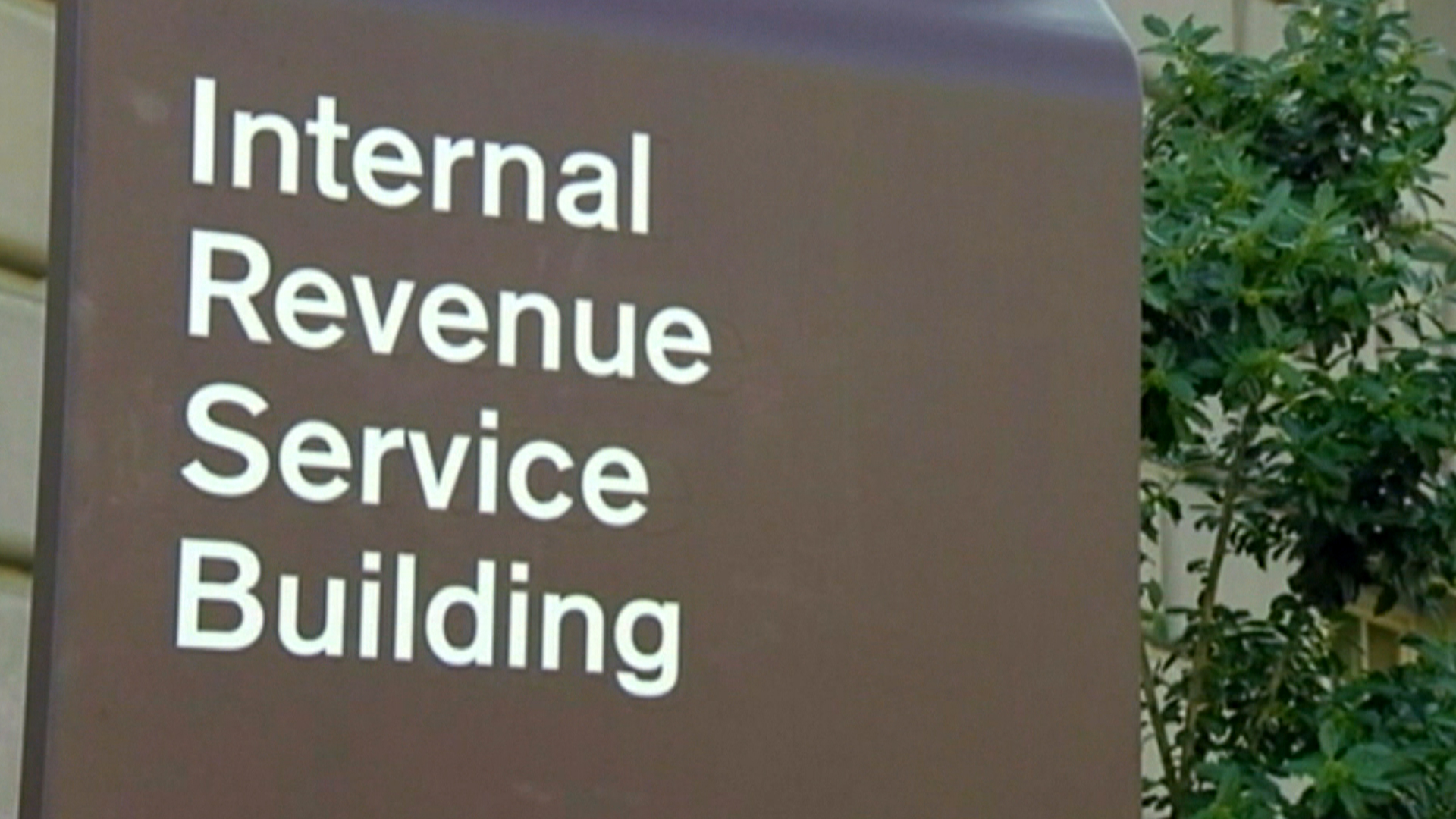The Internal Revenue Service (IRS) can’t easily identify American citizens and resident aliens working in a foreign country, as well as resident aliens working in the United States, who may have improperly claimed exemption from U.S. Social Security taxes.
That is the finding of an audit report publicly released today by the Treasury Inspector General for Tax Administration (TIGTA).
In an effort to eliminate dual taxation with respect to Social Security taxes, the United States entered into international agreements, called Totalization Agreements, with 24 foreign countries. These agreements coordinated the Social Security coverage and taxation of American citizens and resident aliens who are employed in those foreign countries, as well as resident aliens in the United States that may be subject to U.S. Social Security and Medicare taxes. Internal Revenue Code Section 3101(c) provides relief from U.S. Social Security and Medicare taxes in cases covered by an international agreement known as a Totalization Agreement.
TIGTA initiated its audit to evaluate the IRS’s efforts to identify taxpayers affected by Totalization Agreements and ensure that their U.S. Social Security taxes are properly paid in accordance with these international agreements.
TIGTA selected a stratified statistical sample of 160 taxpayers who did not pay U.S. Social Security taxes. Based on that sample, TIGTA found 29 taxpayers who appear to not have met the Totalization Agreement criteria for exemption from U.S. Social Security taxes. This included American citizens or resident aliens who worked overseas during Tax Year 2012, but did not appear to have met the five-year period for coverage by a foreign country’s social security system. It also included resident aliens who worked in the United States during Tax Year 2012, but appeared to have exceeded the five-year period for coverage by a foreign country’s social security system. As a result, TIGTA identified that these taxpayers potentially owe $822,367 in U.S. Social Security and Medicare taxes, or $16.9 million when the sample is projected to the population.
TIGTA also identified 23 resident aliens who appeared to either work for an American-based employer or were hired by a foreign employer while living in the United States. These taxpayers potentially owe $51,008 in U.S. Social Security and Medicare taxes, or $4.3 million when the sample is projected to the population. In addition, TIGTA determined that the Social Security Administration receives Certificates of Coverage from foreign countries, but the IRS does not have formalized procedures to obtain these certificates to identify noncompliant taxpayers.
“It is important that the IRS employs every tool available to it to ensure that money is accounted for and paid if owed,” stated J. Russell George, Treasury Inspector General for Tax Administration.
TIGTA recommended that the IRS coordinate with the Social Security Administration to periodically acquire Certificate of Coverage data, as well as request from Totalization Agreement countries data related to foreign social security taxes paid. TIGTA also recommended that the IRS use the data obtained to identify noncompliance with payment of U. S. Social Security and Medicare taxes.
In their response to the report, IRS officials agreed with the recommendations. The IRS plans to work with the Social Security Administration to periodically obtain Certificate of Coverage data and to request data from countries with Totalization Agreements related to foreign social security taxes paid by American citizens, resident aliens, or withheld and paid by American employers. The IRS plans to explore the use of the data obtained to identify noncompliance with payment of U.S. Social Security and Medicare taxes.
Thanks for reading CPA Practice Advisor!
Subscribe Already registered? Log In
Need more information? Read the FAQs
Tags: Accounting, Auditing, IRS, Taxes




